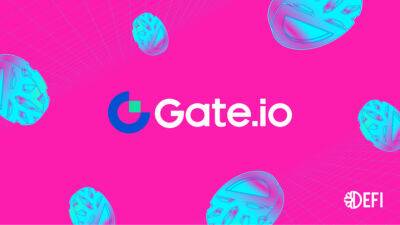Soulbound Tokens vs Self-Sovereign Identity: Web3’s Search for a Digital ID Solution
Fraser Edwards is the Co-Founder and CEO of cheqd, a network for creating digital credential businesses.__________
In the recent research paper titled ‘Decentralised Society: Finding Web 3’s Soul’, Ethereum (ETH) co-founder Vitalik Buterin, alongside authors Glen Weyl and Puja Ahluwalia Ohlhaver, introduced the concept of ‘Soulbound Tokens’ (SBTs) as a brand-new take on digital identity. The paper speaks about the importance of digital identity within Web3 and meeting the hyper-financialisation of Web3 with equal amounts of trust and social relationship building.
We, however, couldn’t help but notice how close SBTs’ use case is to what self-sovereign identity (SSI) is doing. SSI is already paving the way towards creating a trusted society. We wanted to compare Vitalik et al.'s Soulbound tokens hypothesis against SSI to see which one carries the most validity as we enter Web3.
In their simplest form, soulbound tokens are non-transferrable fungible tokens that can be displayed in a digital wallet. These tokens are issued by one soul (individual) to another. They cannot be traded with anyone else. Once an SBT is obtained, it is bound to that person, hence the name soulbound.
SSI uses the relationship between issuers, verifiers, and holders of data to create a user-centric model. In this model, the holder has the option to share with the verifier the exact information they need (and not more). The verifier can then cross-reference the information with the issuer’s signature (sometimes stored on a blockchain) to ensure the holder's data is valid.
The draw to SBTs is their non-transferable nature, they are bound to their recipient. They could be used for declaring credentials and forming an online identity on behalf of their
Read more on cryptonews.com

 cryptonews.com
cryptonews.com

















